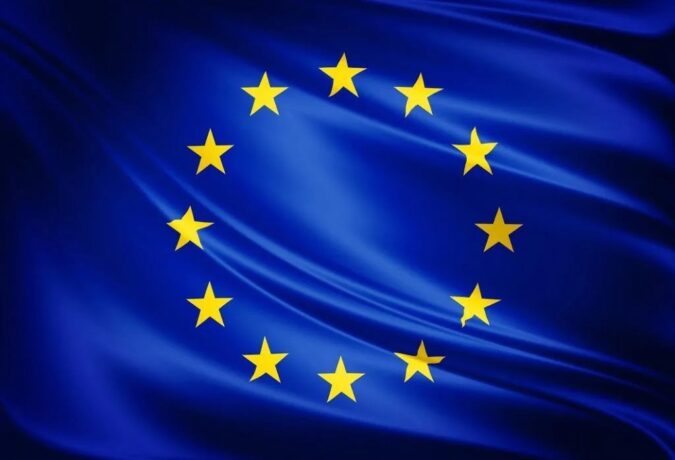 The European Union (EU) on wednesday disclosed that it had committed a total of about €700 million grant to support Nigeria’s power sector between 2014 and 2020.
The European Union (EU) on wednesday disclosed that it had committed a total of about €700 million grant to support Nigeria’s power sector between 2014 and 2020.
The Ambassador/Head of Delegation of the EU to Nigeria and the Economic Community of West African States (ECOWAS), Mr. Michel Arrion, made this known at a media briefing in Lagos, ahead of the fifth EU-Nigeria Business Forum (EUNBF) schedule to hold in Lagos next week.
According to Arrion between 2008 and 2013, under a programme he termed the 10th European Development Fund, the global envelop of grant earmarked by the EU for Nigeria between 2008 and 2013 was about €750 million.
But he explained that for the period, 2014 and 2020, the amount for Nigeria was reduced to about €512 million, adding that an additional financial instruments of about €200 million was also created, adding that the fund was expected to help improve power situation in Nigeria.
“So, on the average, you can consider that we are spending €700 million in the period in six years. So, we are talking about €100 million per year. Energy is really a perquisite for any kind of development. You cannot develop health without energy; you cannot develop water and sanitation with energy. You cannot develop infrastructure in general, and of course it is also going to affect your trade.
“We believe that lack of energy is probably the major hurdle to the economic development of Nigeria and that is certainly a sector where the EU would intervene efficiently in Nigeria in the coming years. But EU alone would not be able to fix the problems in the energy sector in Nigeria.
“It is primarily for Nigeria to fix the country’s problems. But we can support the authorities. We believe that it is not only the public sector that can fix the problem, what we need is more private investments and more partnership between public and private companies. The missing element to fixing the problems in the energy sector is obviously the access to finance,” the EU official said.
Among the areas the EUNBF would focus on is the diversification of the economy, Arrion said, stressing that Nigeria’s comparative advantage is in the agriculture sector.
“As you know, Nigerian farmers are producing a lot of agricultural products. But a lot of that is just subsistence farming, nothing is processed, nothing is transformed and no added value in the process. So, we believe a lot of diversification needs to take place, of course not taking away subsistence farming,” he added.
Responding to a question on the outcomes of the previous EUNBF, he said at previous discussions, it was a general consensus that Nigeria has great potential.
“But what is really missing is good governance and good management. Nigeria has enough land, enough labour to produce to substitute importation. But bureaucracy, bad governance are preventing people from doing more. The establishment of the Presidential Committee of the Ease of Doing Business by Nigeria is a very good thing.
“It is good to create a committee, but there have to be practical recommendations. If you need 14 stamps to have access to land, you will never want to invest in Edo or Ondo states to produce more Palm oil. I know those people, they are European investors, they would rather go to Cameroun or Liberia.
“Today, they are investing in Cote d’Ivoire. Why are they investing in Cote d’Ivoire and not in Nigeria? Perhaps the Ease of Doing Business in that country is a bit better than Nigeria. Nigeria is just one country in the world, so if you want to attract foreign investors, you have to be better,” he added.
Arrion was joined at the briefing by the EU Head of Trade and Economics Section, Filippo Amato, ThisDay reports.
Posted by Juliet Ekwebelam






















